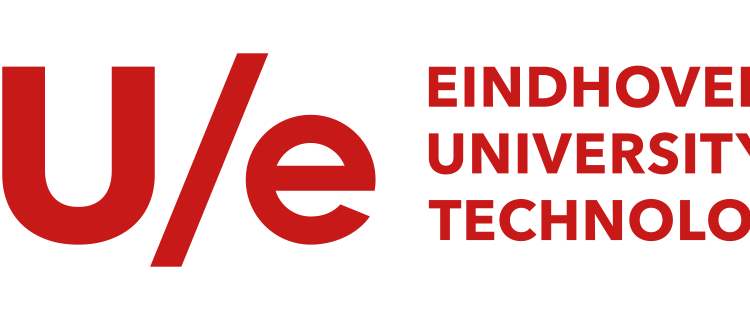Eindhoven University of Technology: Eindhoven corona invention goes international
Whenever a patient is admitted to Catharina Hospital in Eindhoven, it is essential to determine as quickly as possible whether or not the patient has COVID-19. In addition to a PCR rapid test, since last year’s first wave the hospital has also been using the so-called CoLab score. The CoLab algorithm was developed in collaboration with TU/e and is calculated based on the changes that the coronavirus causes in the blood. This score is already successfully used in several hospitals in the Netherlands. Recently, the European Union awarded a grant of 150,000 euros to accelerate the introduction of the CoLab score in hospitals across Europe as well.
The CoLab score was designed by researcher Ruben Deneer of TU/e and clinical chemist Arjen-Kars Boer of Catharina Hospital. Boer: “At the height of the coronary peak last year, we were asked whether there wasn’t a faster test to rule out COVID-19. In the Emergency Department, it is important to know as quickly as possible whether a patient is coronapositive or not. To do that, we started looking at the information we already had. Patients who come into the emergency room have their blood taken as standard for a so-called quick scan. Their blood is tested for as many as 30 different values. We wondered if there were subtle changes in their blood that are characteristic of COVID-19. Couldn’t we find some kind of instantly recognizable bar code? And yes, it turns out we can!”
PAINSTAKING
In order to develop the algorithm, the blood values of more than 10,000 patients in the ER had to be digitized. Which was a painstaking and laborious process in itself. Then artificial intelligence was used to draw the right conclusions from that overwhelming amount of data. “We looked for the smallest set of results that makes a good prediction,” says Deneer. He temporarily halted his PhD research for three months to be able to do this research. “Eventually, we managed to identify ten laboratory tests that together form the best predictors of COVID-19”.
Together with the company Gaston Medical, they are now working hard to make the CoLab score ready for the European market. Deneer: “That’s quite a challenge, because every hospital carries out different tests in the emergency room. But we are now going to make that part ‘smarter’ so that hospitals can implement it more quickly.” In addition, the grant from the European Union will be used to further improve the sensitivity of the CoLab score to detect COVID-19.
COVID-X
The grant comes from the COVID-X program, which aims to defeat COVID-19 with data solutions. COVID-X is funded by the European Union within the Horizon 2020 program. There were 112 applications submitted. Only 15 were honored, including one in the Netherlands. The COVID-X program aims to make data solutions ready for the European market in nine months.

